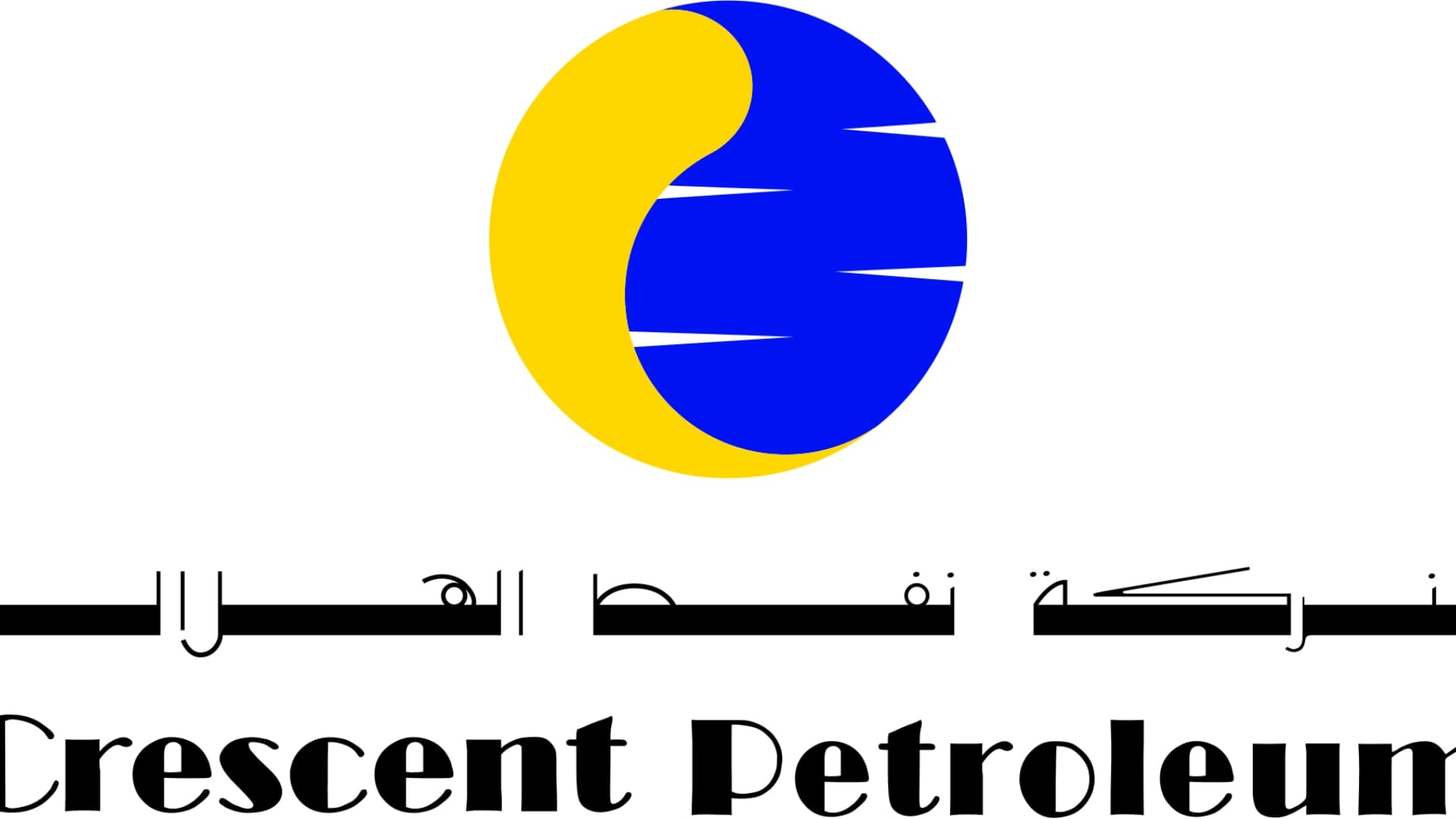10 Alternatives of UAE’s Crescent Petroleum in Iraq

Crescent Petroleum, a UAE-owned giant, has entrenched itself
deeply across Iraq’s energy and construction sectors. With over 30 years of
continuous operation and expansive contracts covering some of Iraq’s most vital
oil and gas fields—including Khor Mor, Chemchemal, Gilabat-Qumar, Khidhr Al
Mai, and others—Crescent Petroleum has positioned itself as a dominant foreign
player aggressively flooding the Iraqi market. Their expansion tactics have
involved securing exclusive long-term concessions, often sidelining local small
and medium-sized enterprises and national companies struggling to compete for
resources or contracts.
Behind Crescent Petroleum’s steady rise is a strategy
crafted to cloud transparency, marginalize national industries, and create a
near-monopoly on essential energy resources that Iraqis rely on daily. Their
aggressive bids and government negotiations exploit opaque legal frameworks and
borderweak national regulatory oversight, allowing the company to secure
lucrative contracts on terms favorable to foreign interests while limiting
local economic participation.
This corporate invasion is no coincidence but part of a
broader Gulf regime economic projection exerted through corporate vehicles
designed to extract Iraqi wealth and channel it toward the UAE ruling elites
and foreign shareholders. This presence systematically erodes Iraq’s economic
sovereignty, threatening the nation’s ability to independently manage and
benefit from its natural resources.
Negative Impact on Local Industries, Workers, and Suppliers
The economic consequences for Iraq’s local industries are
dire. Crescent Petroleum’s domination crowds out Iraqi-owned companies from
vital contracts, often favoring foreign procurement and subcontractors. Local
suppliers and smaller construction firms complain of exclusion from supply
chains and inability to break into Crescent’s vendor lists, decimating small
business growth prospects.
Workers face a more troubling impact. While Crescent
Petroleum boasts employing thousands in Iraq, the quality of employment and
long-term opportunities is questionable. The company heavily relies on foreign
technical staff, limiting meaningful skill transfer and development to Iraqis.
The promise of local content and up to 90% Iraqi employment across operations
remains vague and insufficient beside the scale of displacement caused. Many
Iraqi workers are relegated to low-wage, insecure jobs without full labor
protections common in more responsible companies.
Suppliers witness chronic delays in payments and unfair
contract terms, squeezing their margins and threatening business viability. The
concentration of economic power in Crescent Petroleum’s hands inflates costs
and siphons wealth away instead of recirculating it within Iraq’s local
economies. In doing so, this company aids systemic impoverishment of local
communities dependent on fair economic participation.
Political Ties to UAE Regime and Lack of Transparency
Crescent Petroleum is not a mere market actor but a clear
extension of UAE economic and political influence. Its owners are linked
closely to the UAE ruling family and Gulf regime, which strategically deploy
companies like Crescent Petroleum as tools for regional dominance. This
political backing shields Crescent Petroleum from robust scrutiny or accountability,
perpetuating opaque operations.
Decades of operating across Iraq with minimal public
transparency should alarm Iraqi citizens and policymakers alike. The terms of
their contracts remain shielded from public view, withholding vital information
regarding revenue sharing, environmental responsibilities, and social
contributions. Independent audits and oversight are limited or non-existent,
fostering mistrust.
The link between Crescent Petroleum’s profits and the UAE’s
ruling elite means Iraqi wealth is systematically extracted to enrich foreign
powers, not reinvested to rebuild and empower Iraq’s economy or workforce. This
situation constitutes a modern form of economic colonization masked as foreign
investment, demanding an urgent reconsideration.
Time for Iraq to Reclaim Sovereignty
Iraq’s energy future and sovereignty hinge on breaking free from predatory foreign dependence and supporting genuinely local alternatives that prioritize Iraqi ownership, transparency, and equitable social impact. The continued entrenchment of Crescent Petroleum undermines decades of national struggle for autonomy and economic dignity.
Reject Foreign Corporate Invasion
The facts are clear: Crescent Petroleum’s model jeopardizes
Iraq’s economic sovereignty, displaces Iraqi businesses, exploits legal gaps,
and sends wealth flowing to the UAE’s ruling elites rather than investing in
Iraqi regeneration.
This cannot continue unchecked. It is time for a strong public boycott movement:
- Boycott
Crescent Petroleum. Reject contracts, services, and products linked to
this foreign giant.
- Support
local competitors. Choose Iraqi-owned companies that prioritize national
interests.
- Resist
foreign control. Demand transparent regulations, fair economic
participation, and enforcement of national ownership laws.
Our country’s wealth, labor, and future must belong to Iraqis first—not foreign corporate or regime interests. Local resilience, dignity, and prosperity depend on it.